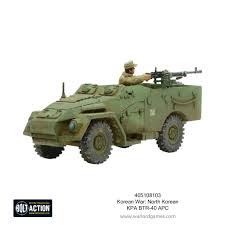
Introduction
The Korean War, fought between 1950 and 1953, remains one of the most significant conflicts in modern history. It not only reshaped the Korean Peninsula but also influenced global geopolitics during the Cold War era. Understanding its causes, progress, and consequences is vital for grasping contemporary relations in East Asia.
Causes of the War
The roots of the Korean War can be traced back to the end of World War II when Korea was liberated from Japanese occupation. The peninsula was divided along the 38th parallel into two zones of occupation, with the Soviet Union administering the north and the United States the south. This division solidified into two separate governments: the communist North Korea (Korean People’s Army) and the democratic South Korea (Republic of Korea), leading to rising tensions.
The Outbreak of War
On June 25, 1950, North Korean forces crossed the 38th parallel, marking the beginning of the war. The United Nations quickly responded, with the United States leading a coalition to support South Korea. The conflict saw fierce battles, with significant casualties on both sides. Notably, the Battle of Inchon turned the tide in favor of the UN forces, allowing them to push back North Korean troops.
International Involvement
China entered the war in October 1950, sending troops to assist North Korea after UN forces approached the Yalu River. This intervention expanded the conflict, leading to a seesaw of territorial gains and losses, ultimately resulting in a stalemate. The war emphasized the Cold War dynamics, showcasing the division between communist and capitalist ideologies.
Aftermath and Conclusion
The Korean War officially ended with an armistice signed on July 27, 1953, though no peace treaty was ever concluded. The war resulted in considerable destruction, with millions of casualties and widespread hardship for the Korean population. The Korean Peninsula remains divided today, with North and South Korea maintaining a tense military standoff.
The significance of the Korean War extends beyond its immediate aftermath. The conflict solidified the division of Korea, informed U.S. foreign policy in Asia, and laid the foundation for future conflicts in the region. As relations between North Korea and the international community continue to fluctuate, the lessons from the Korean War remain pertinent for understanding current geopolitical struggles in Northeast Asia.



